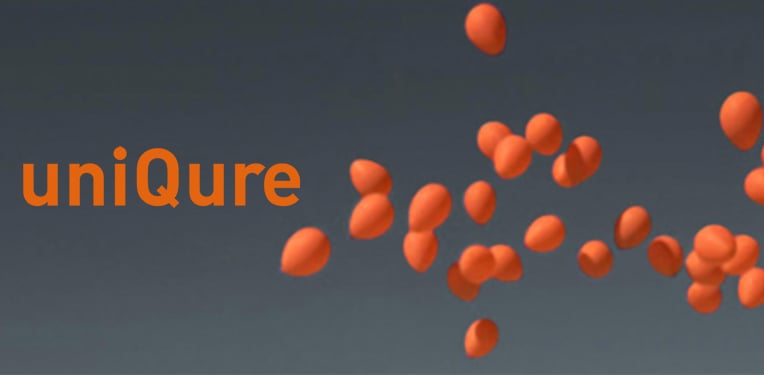Newsletter Signup - Under Article / In Page
"*" indicates required fields
uniQure, a leader in human gene therapy, today announced the acquisition of InoCard GmbH, an innovative, early-stage biotechnology company focused on the development of gene therapy approaches for cardiac disease.
InoCard has developed a novel gene therapy to preclinical proof of concept, for the one-time treatment of congestive heart failure (CHF), a rapidly progressing disease affecting 26 million people worldwide. InoCard founders Prof. Patrick Most and Prof. Hugo Katus will join uniQure as Managing Director of uniQure in Germany and Chairman of the Scientific Advisory Board, for Cardiovascular Diseases, respectively.
InoCard’s lead program is a gene therapy to express the calcium-binding protein S100A1, which has been shown by Profs. Most and Katus to be a master regulator of myocardial function. The therapy was developed based on their fundamental discovery that S100A1 is downregulated in CHF and administration of S100A1 has demonstrated in vivo beneficial effects on contractile force, growth control of heart muscle cells and rhythm stability of the heart and is also able to adapt the heart’s energy supply to increased cardiac output. In a porcine heart failure model, treatment with InoCard’s gene therapy AAV-S100A1 demonstrated a 12-month survival rate of 90%.
“Despite the continuously growing prevalence of CHF, there have been no therapeutic innovations in decades. InoCard has successfully laid the basis for the development of a long-term, causative treatment of this devastating disease,” said Prof. Patrick Most, founder of InoCard. “We believe that combining our promising S100A1 therapy with uniQure’s capabilities in innovating safe and effective gene therapies has the potential to transform the treatment of cardiovascular diseases.”
Under the terms of the agreement, InoCard shareholders will receive an upfront payment of €3 million (€1.5 in cash and €1.5m in uniQure stock), and certain success-based milestones and royalties.
As a proof of its potential, InoCard successfully won the Business Plan Competition Health Axis Europe Accelerator in 2013. The start-up prevailed against eight other life-science start-ups from Germany, Austria and Great Britain to win the Investors’ Choice Award. In addition to the publicity, the start-up also benefited from the accompanying coaching of BioRN Network, the biotech cluster of the Rhine-Neckar region in Germany.
Christian Tidona, managing director of the BioRN Network, had coached all participating start-ups intensively during the HAE Summer Camp. With reference to the success now achieved by one of these start-ups, he said:
“I am delighted that InoCard will become part of uniQure and can now further implement its business concept. We are proud to have been able to contribute to this as a Cluster Management Organization. It also makes clear how important it is to provide scientists who wish to start a business with professional support in developing a business plan.”






